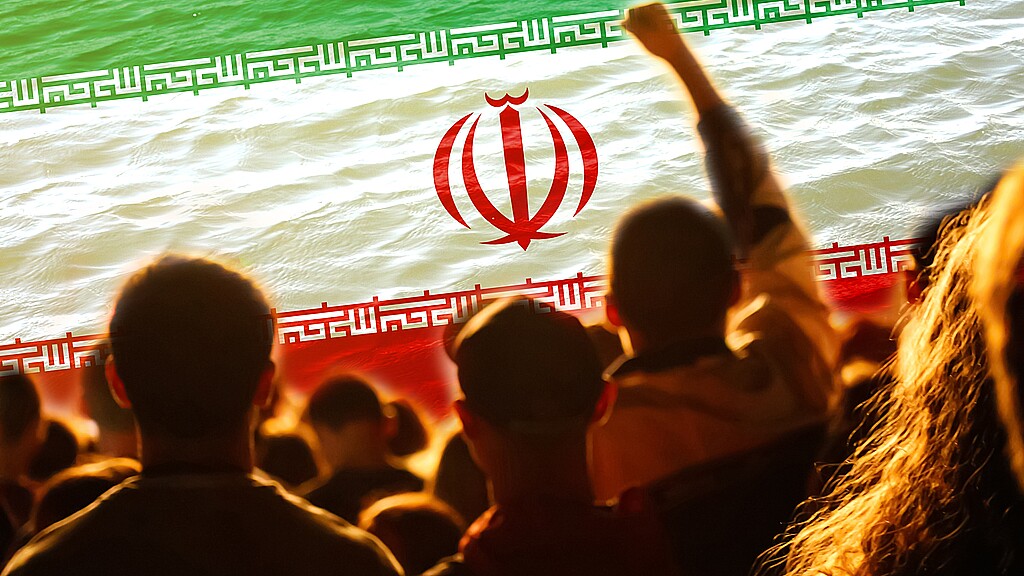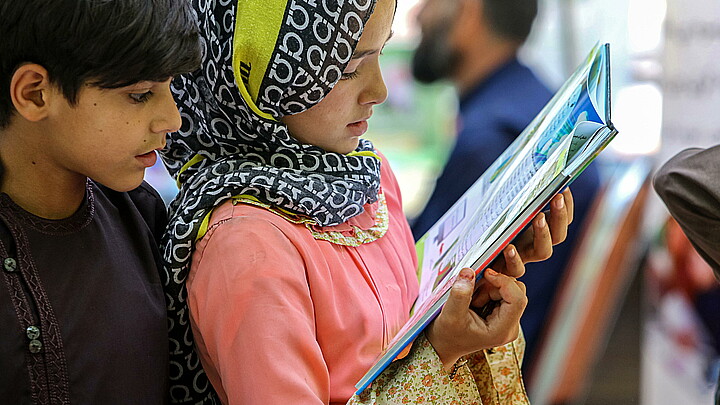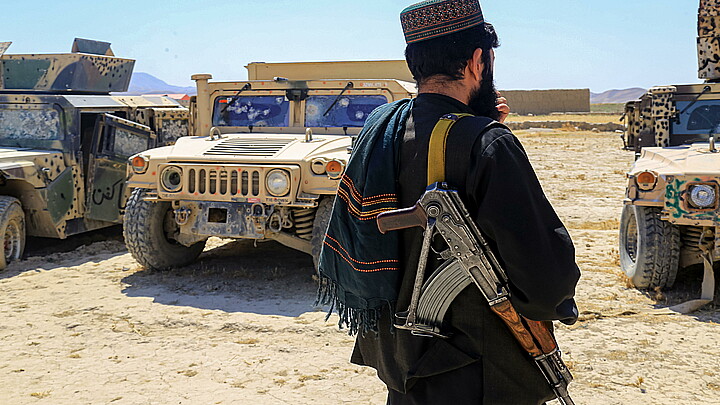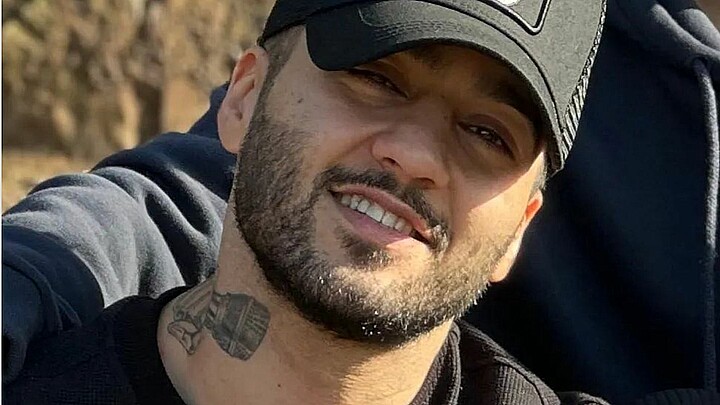Human Rights
United Nations, Amnesty International denounces 29 executions and Iran's cruel treatment of inmates
Iran’s justice and prison system results in open aggression against women and dozens of executions

August 12, 2024 5:19pm
Updated: August 13, 2024 9:38am
The Iranian regime is under international scrutiny after a week of 29 executions and open aggression against human rights activists and women, according to reports published by the United Nations and Amnesty International.
The United Nations sounds the alarm about 29 executions in a little more than two days
The U.N. human rights office has sounded the alarm about reports that the Islamic Republic executed 29 people in a little more than two days last week, expressing concerns that “an alarmingly high number” of executions occurred in such a short period of time.
The office of the U.N. High Commissioner for Human Rights said Friday it has confirmed that 38 people were executed in July, a move that raised the total number of Iran’s executions to at least 345 this year, including 15 women.
Most of the executions were for purported “drug offenses,” which human rights organizations suggest are faux charges designed to target pro-democracy activists and defenders.
“Imposing the death penalty for offenses not involving intentional killing is incompatible with international human rights norms and standards,” U.N. rights office spokeswoman Liz Throssell said during a Friday U.N. briefing.
“U.N. High Commissioner for Human Rights Volker Türk is extremely concerned about reports that, in the space of two days this week, Iranian authorities reportedly executed at least 29 people across the country,” she said. “This represents an alarmingly high number of executions in such a short period of time.”
The U.N. spokeswoman said that there has been a disparate impact against Iranian minorities including Arabs, Baloch, and Kurds who were being executed more frequently.
Some prisoners have even been executed without notice going to their attorneys or families, the United Nations claimed.
The United Nations claims are nothing new as the international organization has long expressed criticisms of the Islamic Republic and the regime’s executions. In November, U.N. Secretary-General Antonio Guterres issued a report denouncing the “alarming rate” of Iranian regime sponsored executions.
Amnesty International denounces executions against activists and women
Last Tuesday, the Middle Eastern country was shaken by the execution of another protester detained during the “women, life, freedom” protests, an event sparked by the death of Mahsa Amini, who was killed in September 2022 while in police custody after she was arrested for not wearing an Islamic veil.
Gholamreza Rasaei, 34, from the Kurdish minority, was the tenth protester to be hanged for her participation in protests calling for greater freedoms that resulted in state repression and violence against hundreds of protestors.
The young man, who crusaded for women’s rights, was convicted for his alleged involvement in the death of an Islamic Revolutionary Guard Corps agent in November 2022 amid protests in Sahneh county, located in the western province of Kermanshah.
But according to human rights defenders and Amnesty International, the trial against him was “unfair,” according to a report published by the EFE Spanish language news agency.
“The trial was based … on confessions, forced under torture and other ill-treatment, including beatings, electric shocks, asphyxiation, and sexual violence,” Amnesty International said after confirming the sentence against Rasaei by the Iran’s Supreme Court in December 2023.
News of the young man’s execution reached the women’s ward of Tehran’s Evin Prison, where the activist and 2023 Nobel Peace Prize winner Narges Mohammadi is also detained.
It has since been confirmed that the inmates then gathered to protest the Rasaei’s death penalty, and that the Iranian regime prison authorities reacted by attacking the protesters.
“Orders were given to beat and attack the women, particularly those who were at the forefront of the protests, who were violently beaten by the security forces,” Mohamadi’s family living in Paris reported in a statement, quoted by EFE.
The Nobel Prize winner and several other women were injured in the confrontation. After being punched in the chest, Mohamadi suffered “respiratory failure and severe chest pain,” which caused her to faint in the prison yard, the family detailed in their note.
The penitentiary center has denied reports that prisoners were beaten, but the Tasnim agency has reported otherwise. The activist’s family has now expressed fear for Mohamadi’s health.
The young woman, who has spent much of the last decade of her life in prison, has received sentences of 12 years and three months in prison as a result of being accused of carrying out “propaganda against the State,” simply because of messages she disseminated against the Islamic Republic, all part of and her crusade for human rights and greater freedom for women.
The Iranian regime’s history of executions to “tighten their grip on power”
International organizations report that the number and rate of executions have increased significantly in the past two years.
“In Iran, the authorities intensified their use of the death penalty to instill fear in the population and tighten their grip on power, carrying out executions across the country,” Amnesty International reports on its website. “At least 853 people were executed, marking a 48% rise from 576 in 2022. The executions disproportionately impacted Iran’s Baluchi ethnic minority who accounted for 20% of recorded executions even though they make up around 5% of Iran’s population. At least 24 women and at least five people who were children at the time of the crime were executed.”
U.N. data indicates that some 345 people have been executed in Iran so far this year, 87 of them since the presidential elections on July 5, where Masud Pezeshkian was declared the winner.
“Of the recorded executions in Iran, at least 545 were unlawfully carried out for acts that should not result in the death penalty under international law, including drug-related offences, robbery and espionage. Execution for drug-related offences surged and constituted 56% of recorded executions in 2023, an increase of 89% from 255 executions recorded in 2022,” the human rights organization reports.
Amnesty International has recently reiterated its call on the Iranian regime to establish a moratorium on executions, in line with the growing global consensus in favor of the universal abolition of the death penalty.









